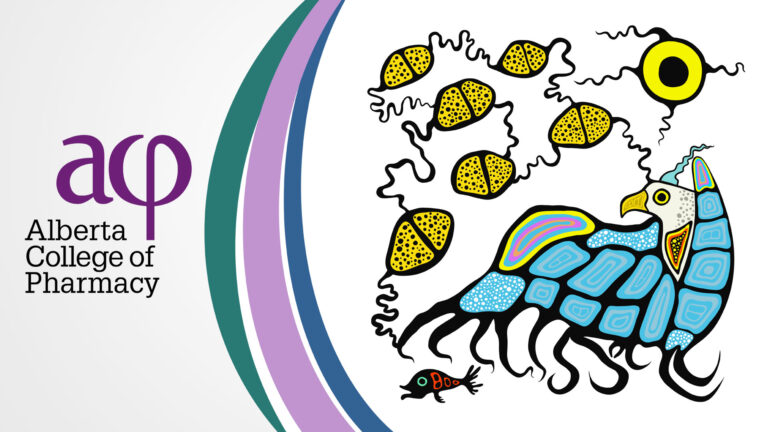
With cannabis for recreational use now legal in Canada, it is important for pharmacy professionals to be informed about this new reality. We’ve been flooded with news and information related to a new industry and the implications it will have on many facets of society. But how does the legalization of cannabis affect pharmacy professionals?
Simply put, pharmacy professionals have no role in the provision of cannabis for recreational use. By legislation, cannabis for recreational use may only be sold at provincially-licensed retailers that do not offer pharmaceutical or alcoholic products. Cannabis for recreational use is not intended for use as a medical product, and it is inappropriate for a pharmacy professional to recommend it as a treatment or therapy.
Despite this, the availability of recreational cannabis is a significant shift that affects the way pharmacists and pharmacy technicians interact with their patients.
“Now that cannabis is legal for recreational use, people will be less reticent to discuss it,” said Monty Stanowich, Compliance Officer with the Alberta College of Pharmacy (ACP). “In the past, use through the illegal stream had stigma attached and patients often didn’t feel comfortable talking about it with their pharmacist. Now, as it becomes more socially acceptable, people will be asking more questions and pharmacists need to be prepared to answer those questions about drug interactions and appropriateness for medical conditions.”
As part of a collaborative health environment, the assessments that pharmacists conduct can provide an invaluable snapshot of that person’s health.
When a patient discusses their cannabis use, regardless of why they use it, this provides the pharmacist with an opportunity to document this in the patient record of care.
“It is very important for us to ask questions and find out if a person is using cannabis for any purpose, including recreational use,” said Monty. “Pharmacists should also work to educate the public about the potential benefits and risks associated with cannabis. At the same time, pharmacists need to make sure they’re educated on the possible health implications and potential drug interactions that could result from that use.”
The process to access cannabis for medical purposes remains unaffected by the introduction of recreational varieties. Cannabis for medical purposes is not a first-line therapy for any condition, but may be considered when other alternatives have proved ineffective. When appropriate, pharmacists may refer patients without a medical document for cannabis to an authorized prescriber for assessment. In addition, pharmacists do not have a role in advertising, promoting, or selling cannabis for medical purposes unless their pharmacy holds a “licence to sell” cannabis from Health Canada.
ACP’s position is that pharmacy professionals have no role in providing or recommending cannabis for recreational use and must not direct patients to that stream for medical purposes. For more information and resources, refer to the cannabis for medical purposes page on the ACP website.




